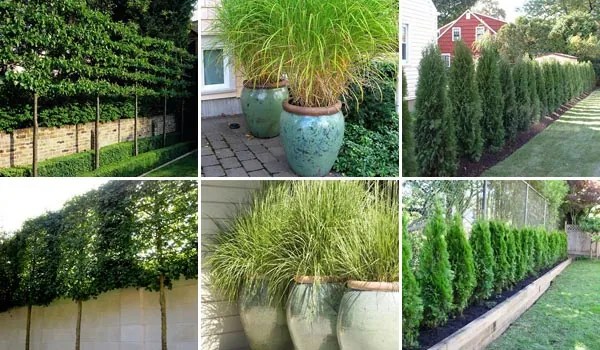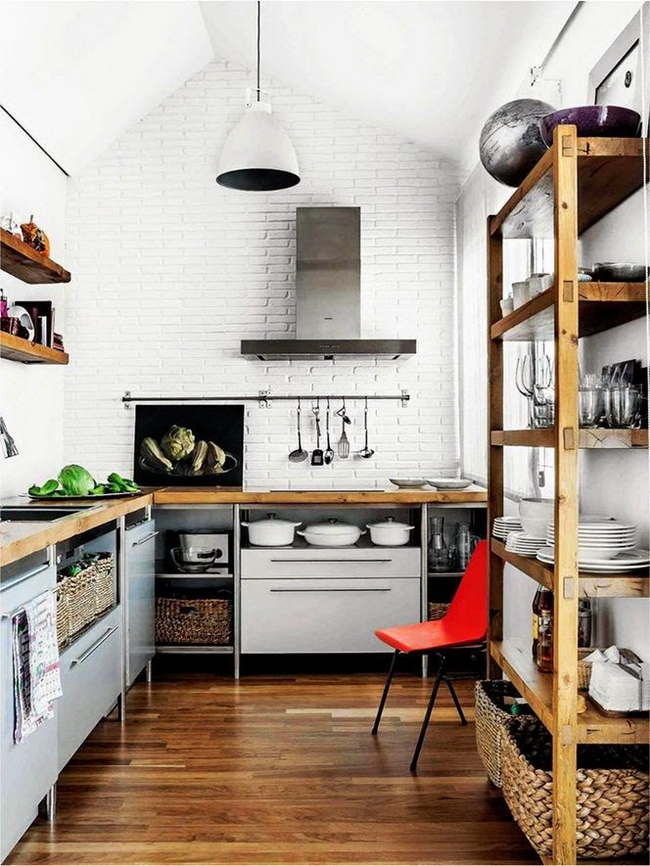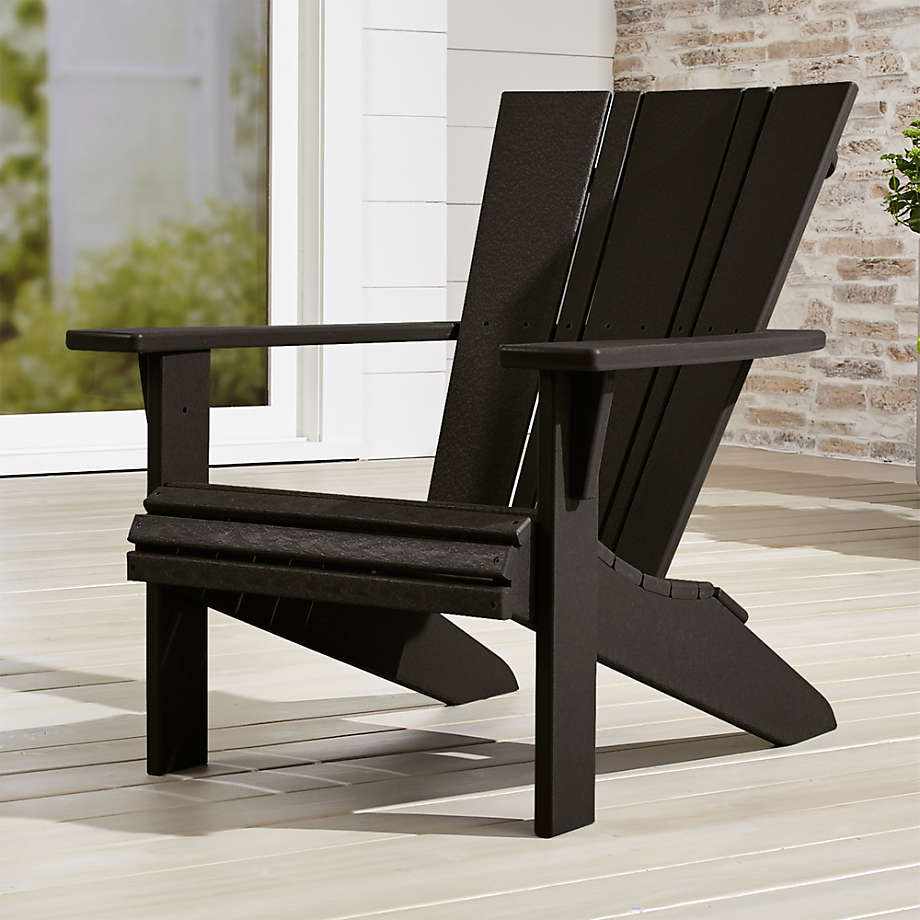Here’s what the experts suggest you try: There are lots of options on the market, but you also can diy something from wood or metal. plants that naturally grow in a columnar shape, such as yews, junipers or bamboo also work well in tight spaces, says hill.
Plants To Create Privacy, You have many options available to you if you are wondering what to plant for privacy. “i love to use grasses for summer screening,” says patricia tyrrell of patricia tyrrell living landscapes.

Try “dwarf english laurel”, like in this photo from ‘ the tree center ‘. Like aloe plants, the leaves of the agave are thick and fleshy. If your space is limited, you may want to go slimmer and taller. If the straight edges of a traditional border hedge strike you as too formal or artificial, selecting a shaggy plant such as willow is not your only option.
If you need to create privacy from neighbours, mask an ugly view, create natural divisions in your garden, or create a feeling of enclosure around a seating area, plants that have a screening effect can be very useful in the garden.
Sturdy shrubs around the plants to make an impenetrable screen of privacy. “i love to use grasses for summer screening,” says patricia tyrrell of patricia tyrrell living landscapes. It doesn’t cover the whole view but it’s pretty effective to cover an essential privacy you need. If you just want to screen your patio, tall plants can provide some privacy. Plant a privet for privacy. Fencing, lattice, trees, flowering plants, sculptures, and more!
 Source: pinterest.com
Source: pinterest.com
The thing that makes agave so appealing for privacy is the leaves. They do a good job of storing water for times of drought. Your privacy is guaranteed when you invest your time and money into growing a natural privet screen. They shoot up quickly, peak in late summer and early fall, and stay upright for winter interest. If you.
 Source: balconygardenweb.com
Source: balconygardenweb.com
While ligustrum vulgare was once the most common type of privet planted, it has lost popularity to some of the more ornamental varieties, such as japanese privet ( l. Plant a privet for privacy. If your space is limited, you may want to go slimmer and taller. Your yard can benefit from multiple solutions: Don’t feel like you have to.
 Source: growingfamily.co.uk
Source: growingfamily.co.uk
Try “dwarf english laurel”, like in this photo from ‘ the tree center ‘. They also change with the seasons, offering interest throughout the year. Instead, buy fewer plants that are already big. Like aloe plants, the leaves of the agave are thick and fleshy. Growing bushy potted plants gives you the cover you need.
 Source: woohome.com
Source: woohome.com
Like aloe plants, the leaves of the agave are thick and fleshy. The privet is the quintessential (or at least the most familiar) privacy hedge plant. Glossy green shrubs like these grow in a tight and dense form, giving you complete privacy, with plants. Sturdy shrubs around the plants to make an impenetrable screen of privacy. A vertical trellis with.
 Source: cooldiyideas.com
Source: cooldiyideas.com
Plant three to 10 feet apart, depending on width at maturity. You can choose this potted bamboo to be the cover of your swimming pool or barbeque area. For a taller plant, try miscanthus sinensis ‘undine’ which grows to 2.5m, or for a smaller choice, miscanthus sinensis ‘kleine silberspinne’ which reaches about 1.5m. The trees and shrubs you choose for.
 Source: woohome.com
Source: woohome.com
A row of fiddle leaf figs, ficus benjaminas, monsteras, corn plants, or rubber trees all can make for a great privacy screen. Your yard can benefit from multiple solutions: “i love to use grasses for summer screening,” says patricia tyrrell of patricia tyrrell living landscapes. 3.) opt for local and native plants first Growing bushy potted plants gives you the.
 Source: thespruce.com
Source: thespruce.com
Photinia offers ample coverage, as well as glossy leaves that add richness to your outdoor space. Fencing, lattice, trees, flowering plants, sculptures, and more! It grows quickly, prunes nicely, and has flowers that lead to fruit clusters that last through the winter. They do a good job of storing water for times of drought. Evergreens with large foliage or evergreen.
 Source: drdanslandscaping.blogspot.com
Source: drdanslandscaping.blogspot.com
Agave plants grow best in warm climates with full sun. Your privacy is guaranteed when you invest your time and money into growing a natural privet screen. If the straight edges of a traditional border hedge strike you as too formal or artificial, selecting a shaggy plant such as willow is not your only option. A vertical garden can completely.
 Source: woohome.com
Source: woohome.com
It’s another intelligent way to create privacy in your backyard. If the straight edges of a traditional border hedge strike you as too formal or artificial, selecting a shaggy plant such as willow is not your only option. If you just want to screen your patio, tall plants can provide some privacy. Instead, buy fewer plants that are already big..
 Source: homestratosphere.com
Source: homestratosphere.com
Try “dwarf english laurel”, like in this photo from ‘ the tree center ‘. Chop them down in early spring and watch the whole privacy screen rise up again in no time. White flowers appear in spring and in early summer, which transforms the greenery into a spectacular show. Get plants that spread out wide as they grow. They do.
 Source: woohome.com
Source: woohome.com
This tall ornamental grass comes. To plant canadian hemlock, place each tree three to four feet apart in an even row so they can grow appropriately into one of the best plants for privacy. It’s an easy way to improve privacy that also adds some foliage to your outdoor space. A row of snake plants, bamboo, or ornamental grasses can.
 Source: pinterest.co.uk
Source: pinterest.co.uk
Plant strategically for seclusion there are various ways to create privacy in your outdoor space. If you already have a fence with gaps or openings, the chocolate vine is a great way to fill those spots, they make privacy plants. A row of snake plants, bamboo, or ornamental grasses can give you a vertical privacy screen without taking up too.
 Source: dengarden.com
Source: dengarden.com
Evergreens with large foliage or evergreen conifers with branches that extend to the ground are the most useful for privacy. The trees and shrubs you choose for a natural privacy fence blend in with the environment—and on kauai, “the garden isle,” it makes sense to use plants to create barriers on your commercial property. A vertical garden can completely block.
 Source: matthewmurrey.com
Source: matthewmurrey.com
To plant canadian hemlock, place each tree three to four feet apart in an even row so they can grow appropriately into one of the best plants for privacy. This evergreen shrub is often used as privacy plants, as shown below in a hedge created by alternating photinia with dodonaea. It’s an easy way to improve privacy that also adds.
 Source: ncgreenprints.com
Source: ncgreenprints.com
Don’t feel like you have to select only one of these 21 ways for your privacy needs. There are lots of options on the market, but you also can diy something from wood or metal. plants that naturally grow in a columnar shape, such as yews, junipers or bamboo also work well in tight spaces, says hill. While ligustrum vulgare.
 Source: pinterest.com
Source: pinterest.com
Photinia offers ample coverage, as well as glossy leaves that add richness to your outdoor space. Edible plants for summer privacy. You can choose this potted bamboo to be the cover of your swimming pool or barbeque area. Chop them down in early spring and watch the whole privacy screen rise up again in no time. Like aloe plants, the.
 Source: woohome.com
Source: woohome.com
If you need to create privacy from neighbours, mask an ugly view, create natural divisions in your garden, or create a feeling of enclosure around a seating area, plants that have a screening effect can be very useful in the garden. Chop them down in early spring and watch the whole privacy screen rise up again in no time. This.
 Source: diycraftsguru.com
Source: diycraftsguru.com
Chop them down in early spring and watch the whole privacy screen rise up again in no time. Edible plants for summer privacy. Tall plants for small spaces: Plants can help you create the degree of privacy you need and improve the appearance of your patio. Photinia offers ample coverage, as well as glossy leaves that add richness to your.
 Source: balconygardenweb.com
Source: balconygardenweb.com
“i love to use grasses for summer screening,” says patricia tyrrell of patricia tyrrell living landscapes. Growing your own screen is, perhaps, the most obvious place to start. A row of fiddle leaf figs, ficus benjaminas, monsteras, corn plants, or rubber trees all can make for a great privacy screen. Glossy green shrubs like these grow in a tight and.
 Source: woohome.com
Source: woohome.com
You could also consider adding seasonal privacy by planting other annual edible crops, such as: Your yard can benefit from multiple solutions: You also could… incorporate more than one type of plant into your privacy hedge. The privet is the quintessential (or at least the most familiar) privacy hedge plant. Agave plants grow best in warm climates with full sun.
 Source: woohome.com
Source: woohome.com
For a taller plant, try miscanthus sinensis ‘undine’ which grows to 2.5m, or for a smaller choice, miscanthus sinensis ‘kleine silberspinne’ which reaches about 1.5m. There are lots of options on the market, but you also can diy something from wood or metal. plants that naturally grow in a columnar shape, such as yews, junipers or bamboo also work well.
 Source: balconygardenweb.com
Source: balconygardenweb.com
You can choose this potted bamboo to be the cover of your swimming pool or barbeque area. Tall plants for small spaces: If you want to block the view to your neighbour�s yard, a vertical garden might be the solution for you. Instead, buy fewer plants that are already big. You also could… incorporate more than one type of plant.
 Source: moneypit.com
Source: moneypit.com
Like aloe plants, the leaves of the agave are thick and fleshy. You have many options available to you if you are wondering what to plant for privacy. 31 diy privacy fence ideas for backyards. Instead, buy fewer plants that are already big. A row of snake plants, bamboo, or ornamental grasses can give you a vertical privacy screen without.
 Source: woohome.com
Source: woohome.com
You could also consider adding seasonal privacy by planting other annual edible crops, such as: This shrub may be the most popular plant for hedge designs. Photinia offers ample coverage, as well as glossy leaves that add richness to your outdoor space. It’s another intelligent way to create privacy in your backyard. White flowers appear in spring and in early.
 Source: matchness.com
Source: matchness.com
Growing bushy potted plants gives you the cover you need. A row of snake plants, bamboo, or ornamental grasses can give you a vertical privacy screen without taking up too much space. This tall ornamental grass comes. It doesn’t cover the whole view but it’s pretty effective to cover an essential privacy you need. A vertical trellis with vines or.








